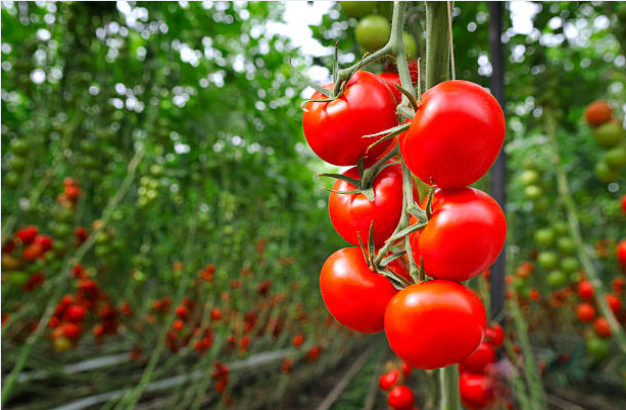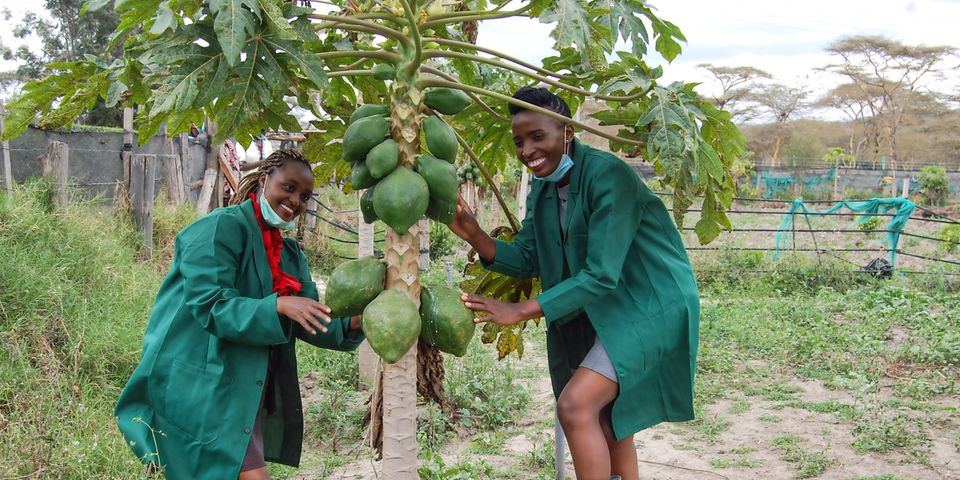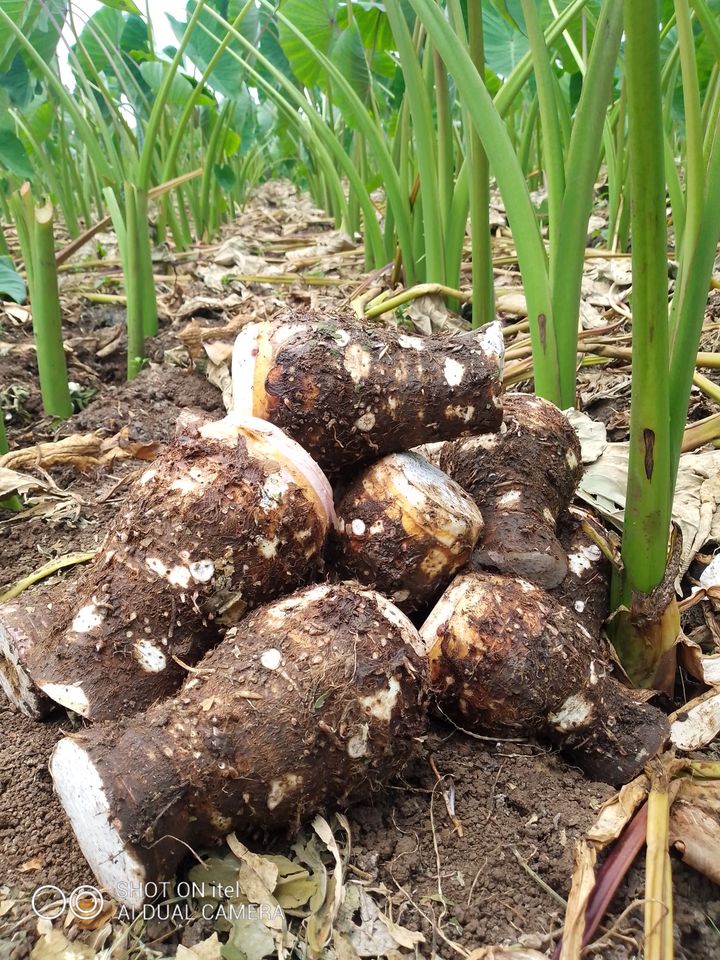Lydia Karegi, a smallholder farmer in Kiereni village in Chuka, tried a number of farming practices in an effort to get better harvests but her yields kept dwindling year after the other.
Lydia, like most conventional farmers, ploughed her two-acre farm, applied a little compost manure and synthetic fertilisers then let her crops grow.
“That is I how have been farming for a decade. I could only manage 11 bags of maize or thereabouts which was quite low compared to the money I spent buying inputs,” said the farmer from Tharaka Nithi County.
Lydia’s farm has however witnesses a turnaround thanks to a study on organic agriculture versus conventional agriculture being done by Kenya Agricultural and Livestock Research Organization (KALRO), International Centre for Insects Physiology and Entomology (ICIPE) and Swiss Research Institute of Organic Agriculture (FiBL).
The organic farming trials which has been running for 10 years in Thika and Chuka sub-counties are carried both on farmers’ plots and survey plots.
Lydia was among eight farmers in Kiereni village who was selected to participate in the study where they are required to organically grow their crop.
“We first did soil analysis which showed that my farm lacked key nutrients and thereafter we went into making compost manure. In organic farming we neither use fertilisers nor synthetic pesticides,” the mother of four explained, saying she now harvests 15 bags of maize from the same plot and several bags of beans.
Though she grows the crops for own consumption, she has cut her expenditure by 45 per cent.
“I am planning to grow organic vegetables in the September for sale when short rains begin,” Lydia said.
Although it took over a year to see the results, Lydia says production has risen.
The farmers were first trained on making compost manure using cow dung, maize stalks and plants leaves. Dr David Amudavi, Biovision Africa executive director, says that soils across many parts of the country are ‘sick’ and acidic as a result of continued use synthetic fertiliser.
EXPERTS FAULTED IT AS A WRONG MOVE
“Findings from a national soil test week conducted last year revealed that our soil are ‘unhealthy’,” Dr Amudavi said.
Study of national soil test results released in 2014 by the government found that none of the soils collected in the 47 counties had enough carbon and key nutrients to sustain crop production.
The government in a bid to enhance food production decided to subsidise the cost of fertilisers, a decision the scientists faulted as a wrong move.
“Results from long-term experiments have shown that continuous use of synthetic fertilisers and pesticides only ensures short term gains in production, but fails to give high yields sustainably in the long-term owing to declining soil fertility as demand for nutrients exceed natural replenishment mechanisms, especially where high yielding varieties are used,” says Dr Anne Muriuki, Centre director KALRO Kabete and technical coordinator of the organic farming trials.
“Our soils are quite degraded are therefore we need policy support extension officers to build capacity of local farmers so as to replenish the carbon in the soil for enhanced production and also streamline the market for organic farmers for better returns,” the researchers said.
Dr Gurbir Bhullar, senior scientist and program leader at FiBL, notes that in the past 10 years of their study comparing organic agriculture against conventional agriculture in various countries it has emerged that organic agriculture gives better yields which does not only means better income to farmers but is also of health benefits to consumers.
“We have had challenge getting evidence based facts to support organic agriculture over conventional agriculture that is why we commissioned this study. We have three project in three tropical countries, one in Kenya, India Bolivia. In Kenya we are doing trials with crops such as maize, baby corns and legumes” Dr Gurbir says, adding the research will go on for another 10 years.
Organic agriculture includes crop rotation and diversification, enriching the soil with organic matter and use of non-chemical based pesticides to control crop pests.
ORGANIC SYSTEMS RELEASE NUTRIENTS SLOWLY
In Kiereni Primary School in Chuka where the research bodies are conducting trials on 1.5 acres of land sub-divided into four plots –organic low (crops are planted with only organic manure but the crops are rain-fed); conventional low (crops are planted with fertilizers and are rain-fed); organic high (maize crops planted using compost manure and are drip-irrigated); and conventional high(crops planted with fertilisers and are drip irrigated) give a perfect picture of how organically planted crops gives better yields.
Organic low is a system designed for smallholder farmers like Lydia.
The researcher say that organic agriculture might not give high yields in the early years because organic system releases nutrients slowly.
“When you look at the plots you see that majority of maize in the organic fields have thick stems and two cobs which is a show of good development and high yields,” says Edward Karanja, the project’s trial coordinator and a senior researcher at Icipe.
***
Get it quick
Benefits
- It does not use chemical fertilisers or feed additives for livestock. It relies upon more natural forms of farming such as biological pest control and crop rotation.
- The environment benefits because natural habitats are less threatened.
- The soil can be in better condition because of the manure used.
- Biodiversity increases with fewer chemicals which harm bees and insects.
- The demand for organic produce is increasing.




